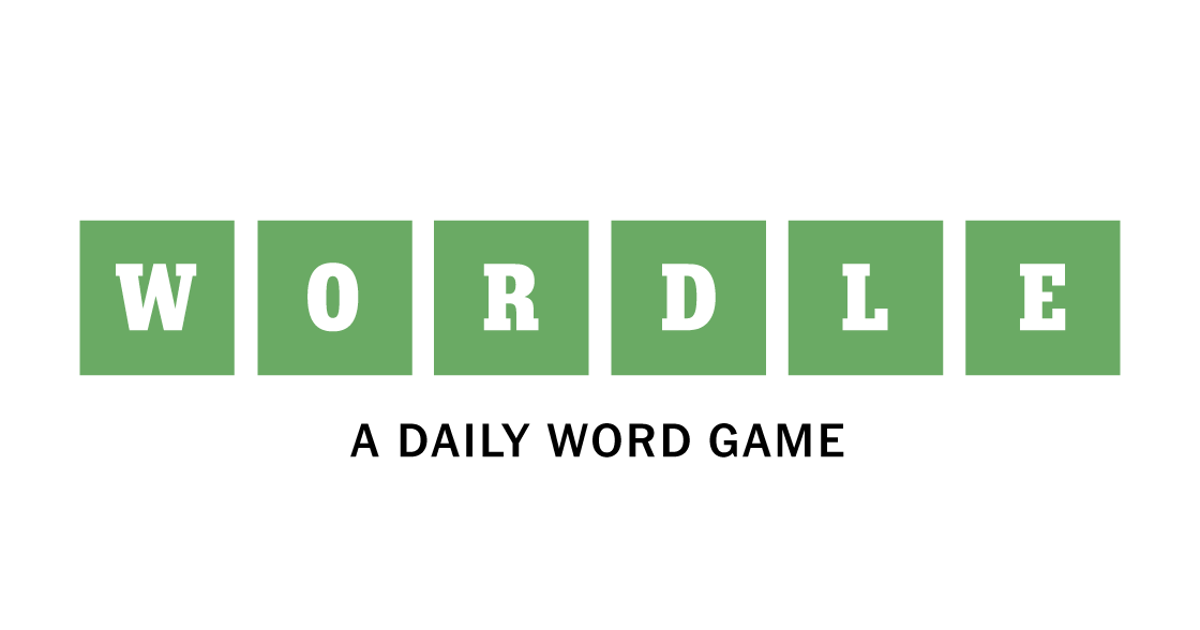

Most as in SteamOS + Arch = 49.25%.
It’s interesting how fragmented the Linux user base is in the survey. Excluding steam deck from the equation, the visible versions of Ubuntu are getting roughly 18.6%, Arch is getting like 14% of the desktop and Mint 21.3 getting 8.5%. The Flatpak version does put confusion into the data (hiding 11% of desktop versions) and the missing “other” 22.94% group accounts for 39% of the desktops so there may be lots of other version fragments hidden away, but regardless no single distro version seem to dominate.
It’d be nice to see the whole list.












Its a fascinating election when you look at the stats. Labour vote share barely changed, Tories collapsed and Reform took most of their votes. In many of the conservative constituencies lost the Tory + Reform vote combined would have won.
Of course the Tories will make the mistake of trying to be more like Reform or even merge with them. That will be a huge mistake and they will probably turn off their remaining core vote.
This is really just another example of how broken the first past the post system is. I’m glad labour won but they’re kidding themselves that they somehow broke through to the public - they benefited from a split rightwing vote, just as Boris Johnson benefited from a split remain voter base when he won his big majority with just 43.6% of the votes in 2019.
Labour won a huge majority with just 33.7% of the vote! Only 1.6% higher voter share than in 2019 and way off the 43% Blair got in his landslide election in 1997.